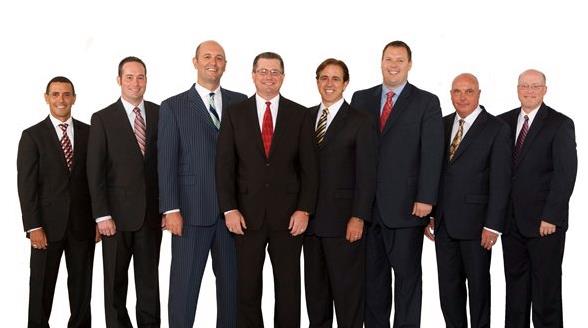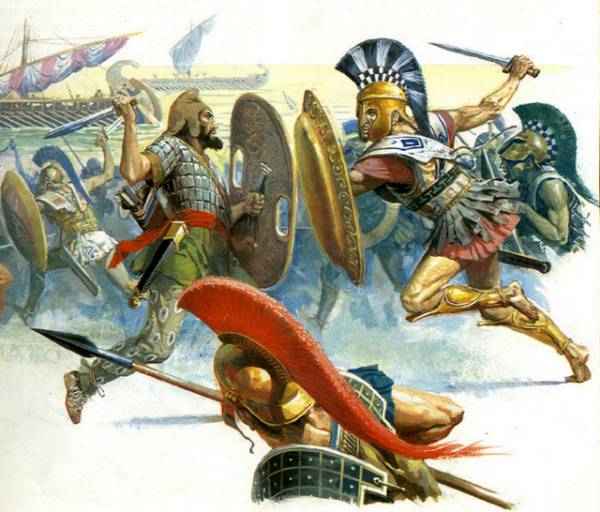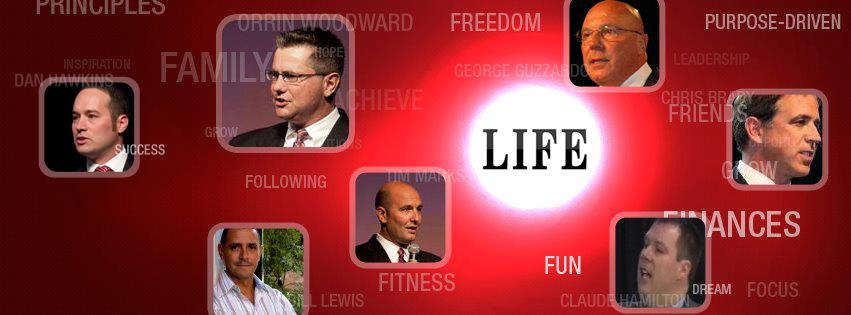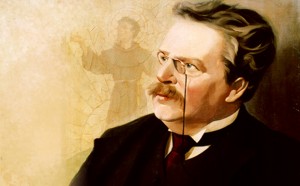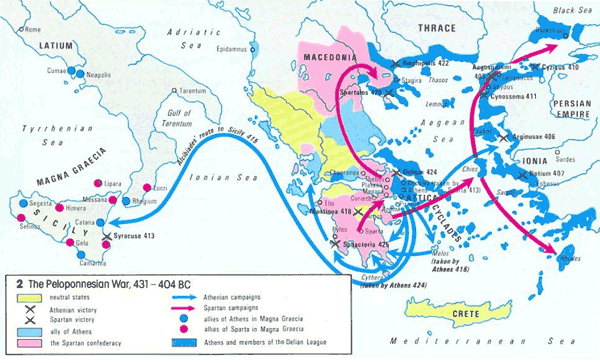Candace Allen and Dwight R. Lee wrote an enlightening article on entrepreneurship of which a portion I posted below. True entrepreneurs are constantly thinking and envisioning where the trends are taking the world in the future. In fact, the best entrepreneurs are the best predictors and executors of the products and services needed in this future reality. Accordingly, entrepreneurship is not for the weak of heart or those looking for security, but it is for those in a quest for excellence. In my opinion, one of the greatest needs is more entrepreneurs to drive growth and change within society. The founders of the LIFE business launched the company with the goal of finding and forming men and women willing to become heroic entrepreneurs, desiring to build a better tomorrow by their efforts today. Thankfully, this quest has not been in vain.
Sincerely,
Orrin Woodward
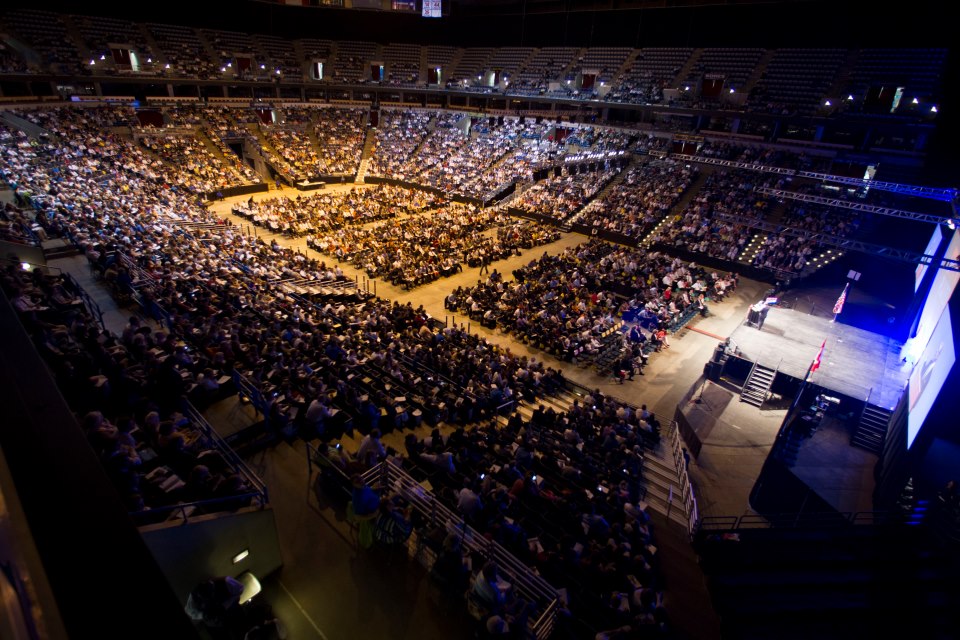
LIFE Business Entrepreneurs
Mrs. Allen is a teacher-on-special-assignment in the Education Alliance of Pueblo, Colorado. Dr. Lee is Ramsey Professor of Economics at the University of Georgia.
What do you want to be when you grow up? was a question that adults regularly posed to all of us when we were young. Generally, even as children, we imagined ourselves becoming like those whose accomplishments we respected or whose qualities we admired. At a time when sports figures, Hollywood personalities, musicians, and even politicians vie for the hearts of the young, why not honor those among us who provide the energy and strength behind the invisible hand of economic progress?
Entrepreneurs are, in fact, heroic figures, and their accomplishments are worth celebrating. All of us are better off because entrepreneurs have been willing to attempt what others knew couldn’t be done, and then persist in the face of adversity. Their visions extend beyond existing horizons, and eventually expand the realm of the realistic, transforming one generation’s dreams into the next generation’s necessities.
Who Are Heroes?
Who is a hero? For some, a hero represents a person who embodies such age-old values as honesty, integrity, courage, and bravery. For others, a hero is someone who is steadfast or who sets a good example. To many, being a hero means sacrifice, even of life itself, for the sake of others. Increasingly, many people find heroic those who simply gain notoriety or attention.
However, Joseph Campbell, an expert on world mythology, would probably find all of these definitions to be incomplete. Campbell contends that every society celebrates heroes, and in doing so, honors the past, energizes the present, and shapes the future. In studying most known cultures, Campbell has discovered that though details of the heroic path change with time, the typical journey of the hero can be traced through three stages. In our view, the entrepreneur travels through all three.
The first stage involves departure from the familiar and comfortable into the unknown, risking failure and loss for some greater purpose or idea. The second stage is encountering hardship and challenge, and mustering the courage and strength necessary to overcome them. The third is the return to the community with something new or better than what was there before. Ultimately, the hero is the representative of the new—the founder of a new age, a new religion, a new city, or a new way of life that makes people and the world better off.
The Modern Entrepreneurial Hero
In our modern world, the wealth creators—the entrepreneurs—actually travel the heroic path and are every bit as bold and daring as the mythical heroes who fought dragons and overcame evil. With conventional virtues, the entrepreneur travels through the three stages of the classic journey of the hero to achieve unconventional outcomes and should serve as a model of inspiration and guidance for others who follow.
In the first stage of the heroic journey, the entrepreneur ventures forth from the world of accepted ways and norms. He asserts, There is a better way, and I will find it! Unlike those who are overwhelmed by the challenges of their immediate world, the entrepreneur is an optimist, able to see what might be by rearranging the world in creative and useful ways. The entrepreneur refuses to accept the conclusions of others about what is or is not possible.
In this first stage, risk-taking entrepreneurs are motivated by many factors. Some want to become rich or famous. Others desire to better themselves, their families, or their communities. Some seek adventure and challenge. Regardless, they are characterized by energy, vision, and bold determination to push into the unknown.
In the second stage the entrepreneur finds himself in uncharted territory. Everything is at stake. The entrepreneur sacrifices for an idea, purpose, vision, or dream that he sees as greater than himself. Comfort and security become secondary.
Entrepreneurial action is often controversial. An entrepreneurial educator, for example, might leave the state school system to find a better way to provide education to youngsters as an alternative to government schooling. Yet, former colleagues might see him or her as a traitor. Regardless of what the entrepreneur sacrifices during this stage of the heroic quest, he is impelled into risky, unfamiliar territory. He must be resilient in the face of mistakes or failure.
In this discovery stage, the entrepreneur often encounters those who have a stake in maintaining the status quo. Business opponents may even turn to the state, as Netscape has pushed the Justice Department to hound Microsoft for alleged predatory behavior. Professor Don Boudreaux, writing in the Wall Street Journal, sees this anticompetitive tactic as a serious abuse of the legal and judicial system in an attempt to prevent entrepreneurs from bringing new products and services to consumers.
The third stage of the classic heroic journey begins when the entrepreneur returns to the community with his product, service, or new process. By buying the new offerings, the customer acknowledges the entrepreneur’s success. The more profit that is generated, the greater the value of wealth produced. Thus, profits are the entrepreneur’s reward for increasing benefits to individuals in society. Serving in the capacity as wealth creator, the entrepreneur becomes a social benefactor.
The true heroic entrepreneur will continue to anticipate future challenges. He is no ordinary business person whose main priority is keeping one step ahead of his competitors and maintaining market share. Nor does he seek government subsidy or protection. For him, the quest is to venture forth again and again into the unknown to create and bring back that which other individuals value.








